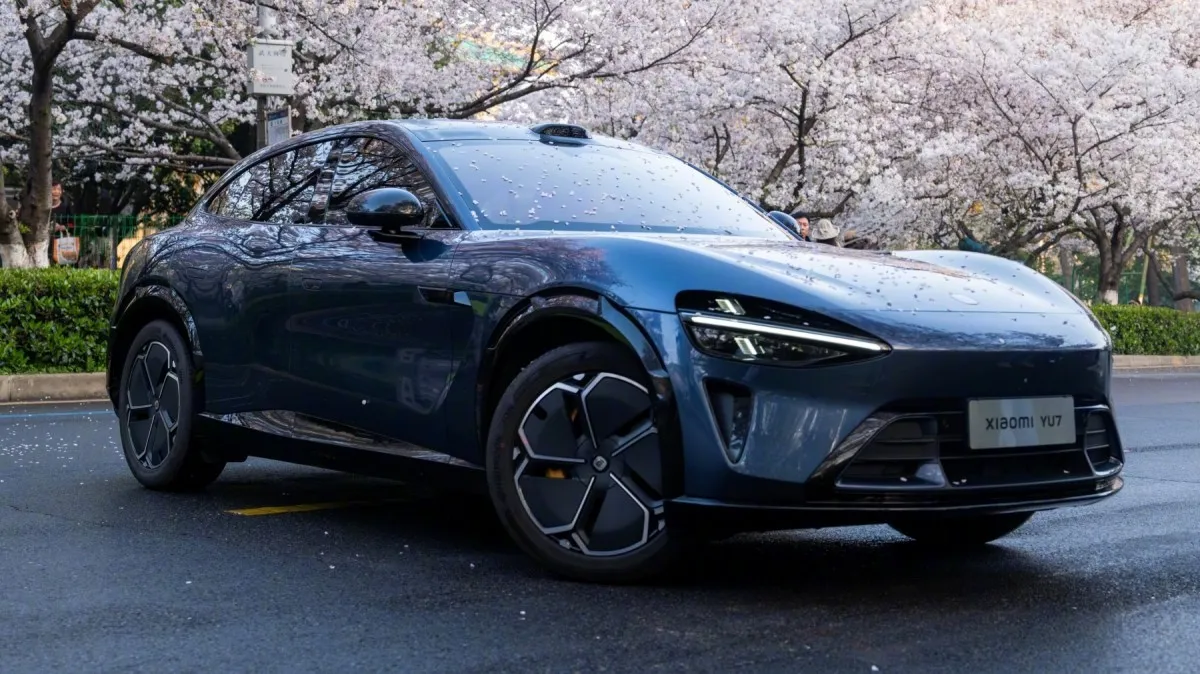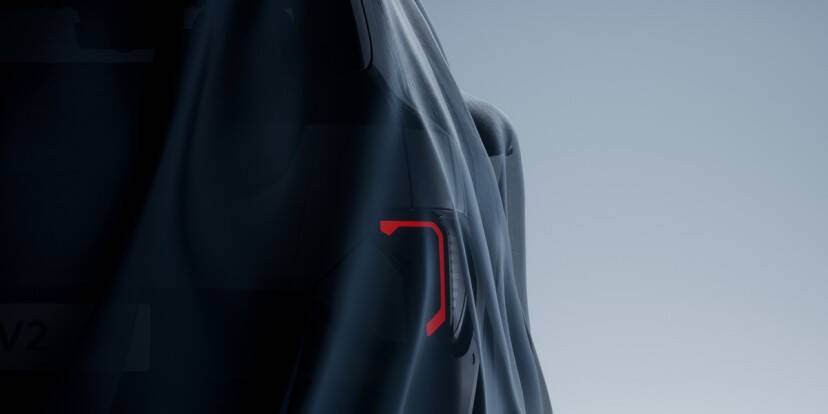Xiaomi SU7 breaks sales records, but car crash hits stock hard

Xiaomi continues to steadily increase its electric car sales. For the sixth consecutive month, the company has easily surpassed 20,000 cars sold per month, and in March, the figure exceeded 29,000 units. Xiaomi is confident that it can achieve the ambitious goal of 350,000 cars sold in 2025.
Demand for Xiaomi SU7 exceeds expectations
Xiaomi SU7 was released in March 2024 and comes in three variants: Standard, Pro and Max. The base version costs around €26,780 (RMB 215,900), the Pro version costs €30,600 (RMB 245,900), and the top-of-the-line Max will cost €37,100 (RMB 299,900). Shipments of the Standard and Max began in April, while the Pro went on sale in May.
The company also introduced the SU7 Ultra, an extreme version with 1,548 hp priced at €65,800 (RMB 529,900). To date, 248,000 orders have been secured, and the total number of vehicles delivered already exceeds 135,000.
The rapid success, however, has been accompanied by serious supply problems. The wait for delivery of the SU7 model is now up to 40 weeks, significantly longer than the 26 weeks immediately after launch.
The SU7 model is now to 40 weeks, significantly longer than the 26 weeks immediately after launch.
Fatal crash involving SU7
On March 29, a fatal accident involving a Xiaomi SU7 occurred in Anhui province. The vehicle on autopilot (NOA) was traveling on a highway at 116 km/h, detected an obstacle and started to slow down. However, the driver took control before colliding with the jackhammer, whereupon the car crashed into it at a speed of 97 km/h. This resulted in the deaths of three people.
Xiaomi has already established a working group to cooperate with the police and provide data on traffic and system performance.

Model lineup and production expansion
The company is not going to stop with the SU7 and plans to launch a new YU7 electric crossover, which will be a competitor to the Tesla Model Y. It is expected to premiere in June or July.
In parallel, Xiaomi is expanding its factory in Beijing, ramping up production capacity to 350,000 cars per year. The first phase of the plant now has a capacity of 150,000 cars, with the second phase due to start up by the middle of the year.
Market Reaction to the Incident
After news of the accident, Xiaomi’s shares fell about 5% on the Hong Kong Stock Exchange, underscoring the risks to rapid growth in the highly competitive electric vehicle segment. However, if the company maintains its current sales pace, it should be able to achieve its target of 350,000 vehicles as early as this year without any problems.








